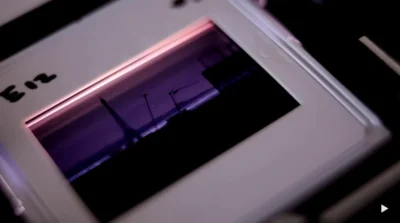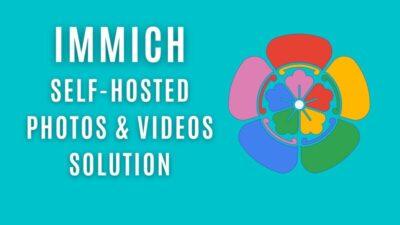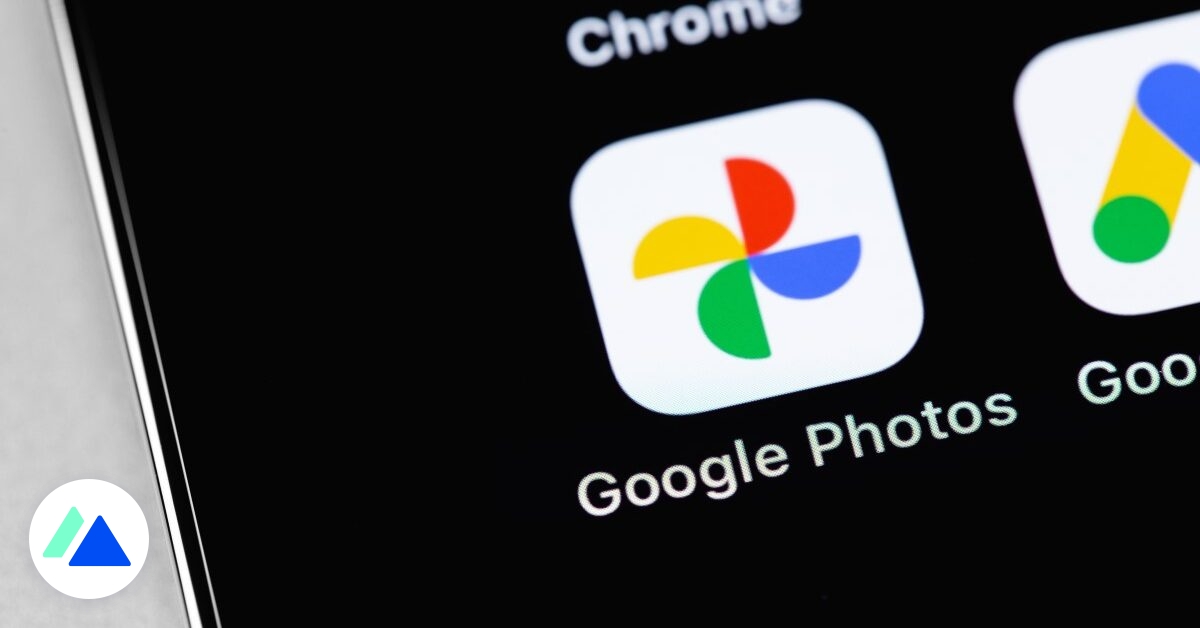This Website Shows How Much Google’s AI Can Glean From Your Photos

Software engineer Vishnu Mohandas decided he would quit Google in more ways than one when he learned that the tech giant had briefly helped the US military develop AI to study drone footage. In 2020, he left his job working on Google Assistant and also stopped backing up all of his images to Google Photos. He feared that his content could be used to train AI systems, even if they weren’t specifically ones tied to the Pentagon project. “I don’t control any of the future outcomes that this will enable,” Mohandas thought. “So now, shouldn’t I be more responsible?”
Apart from the incredible detail that is recognised from the smallest details on a single photo, the AI also draws all sorts of inferences from appearances, expressions, etc. But you really need to think about the collective analysis across hundreds or thousands of personal photos a single Google user backs up into Google Photos. The power of AI across all of those photos is where the true value lies.
Google though, says the company doesn’t sell the content stored in Google Photos to third parties or use it for advertising purposes. Users can turn off some of the analysis features in Photos, but they can’t prevent Google from accessing their images entirely, because the data are not end-to-end encrypted.
As a user, you just have to hope that analysis really does not get into the wrong hands, no matter whose hands those may be.
See wired.com/story/website-google…
#Blog, #AI, #GooglePhotos, #privacy, #technology

